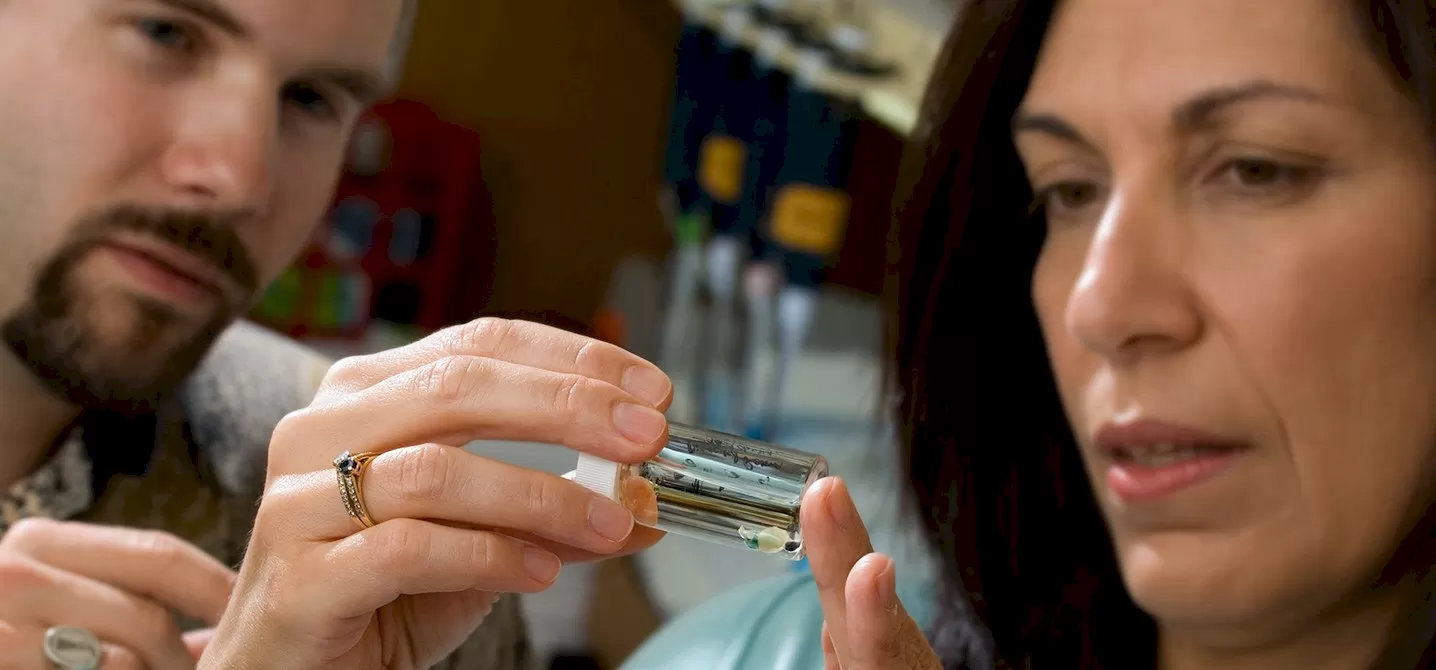Deep Brain Stimulation – A Potential Therapeutic for Rett Syndrome?

A paper authored by Huda Zoghbi and Jianrong Tang at Baylor College of Medicine and published in Nature describes improvement in learning and memory paradigms in mice models of Rett after deep brain stimulation (DBS). This research was funded, in part, by RSRT.
DBS is a surgical procedure that involves implanting electrodes in specific areas of the brain. The electrodes are attached to a pacemaker-like device placed under the skin in your upper chest that generated electrical impulses.

The disorders most commonly treated with DBS include Parkinson’s disease, essential tremor and dystonia. The procedure is also being studied as a treatment for epilepsy, cluster headaches, Tourette syndrome, chronic pain and depression.
While the procedure looks daunting neurosurgeons view it as rather routine.
Here is a remarkable video showing DBS surgery for a violinist who was having difficulty playing due to tremors.
The experiments conducted at Baylor targeted a brain region called the fornix. While improvements were seen in learning and memory no changes were observed in other symptoms such as anxiety, motor coordination, social behavior, body weight. It will now be important to see whether targeting other brain regions via DBS will result in improvements in these symptoms.
Below is a podcast between Dr. Zoghbi, Dr. Tang and the RSRT Executive Director, Monica Coenraads. The scientists describe the highlights of their experiments and key next steps.
https://soundcloud.com/rsrt/deep-brain-stimulation-a-potential-therapeutic-for-rett-syndrome


